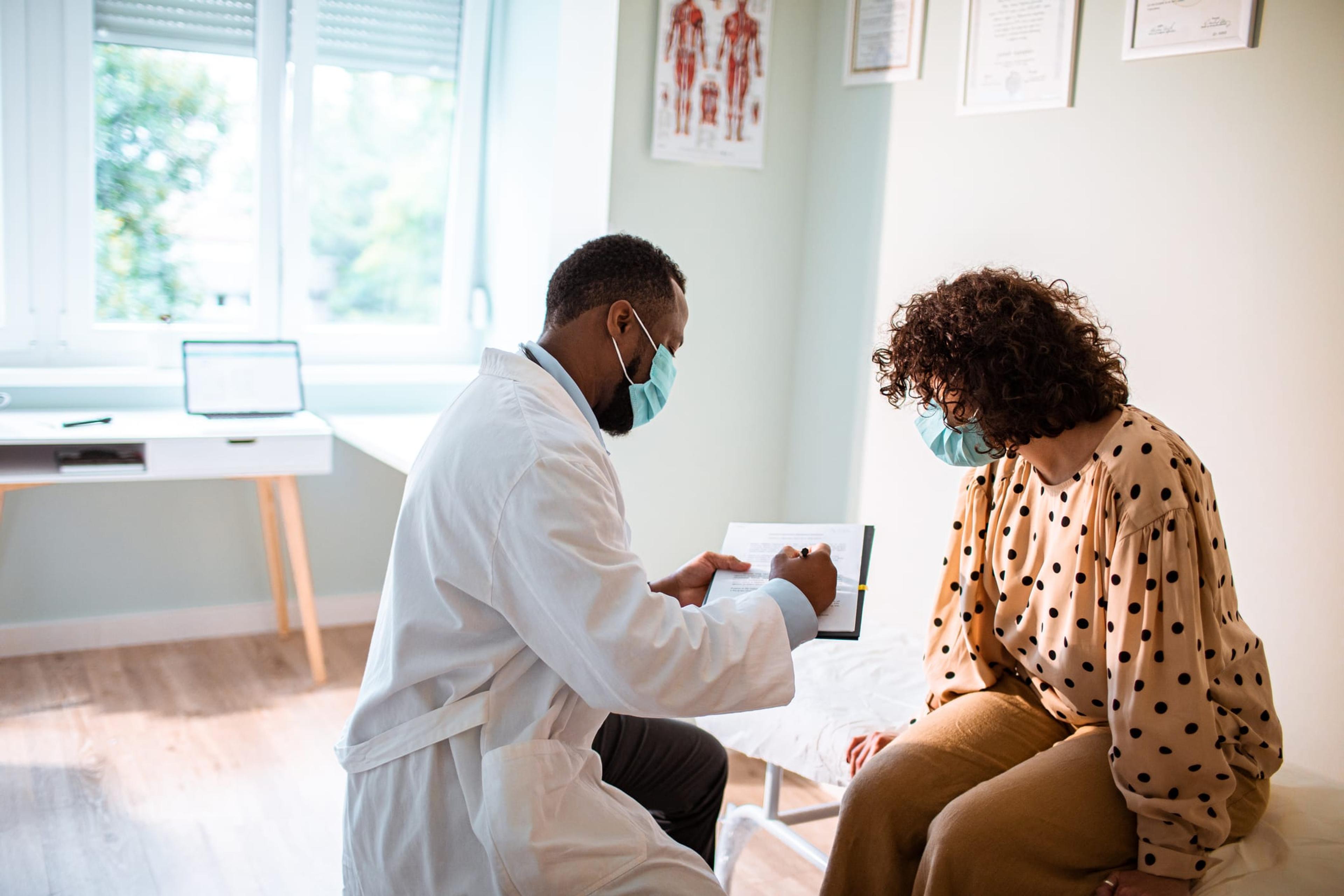Colorectal Cancer is on the Rise in Younger People
Amy Barczy
| 2 min read
Amy Barczy is a former brand journalist who authored...

Every year, rates of colorectal cancer continue to increase in people younger than age 55 – a trend that has continued throughout the past 30 years. If you have a family history of colorectal cancer – like a parent, brother or sister – screening may be recommended earlier than the screening age of 45 suggested by the U.S. Centers for Disease Control and Prevention.
Talk to your primary care provider about when a colon cancer screening is right for you.
As of July 1, 2021, Blue Cross Blue Shield of Michigan and Blue Care Network will cover colorectal screenings for most members beginning at age 45 to align with the recommendation of the U.S. Preventive Services Task Force. For more information, click here.
The rate of colon cancer has decreased in people 65 and older during the past 20 years as more people have followed recommendations for screening tests. But from 2011 to 2016, rates increased by 1% each year in individuals age 50 to 64 and increased by 2.2% each year in people under age 50.
Reasons for this shift aren’t clearly defined, but researchers have some ideas of what could be raising risks:
- Sedentary lifestyle: Spending more time sitting both at work and during leisure time can increase risks of cancer, obesity, cardiovascular disease and diabetes.
- Higher obesity rates: Individuals who are obese are 30% more likely to develop colon cancer.
- Diet patterns in children and young adults: A diet high in red meat like beef and pork, as well as processed meats like deli meat or hot dogs, could increase risks.
The average age of diagnosis is 68 to 72 years old. However, younger individuals experiencing symptoms may be misdiagnosed at first due to their age. These are some of the symptoms of colon cancer:
- Changes in bowel habits, including diarrhea or constipation or more narrow stools than usual
- Persistent abdominal discomfort, including cramps, gas, pain or feeling full and bloated, or feeling like your bowel is not completely empty
- Blood in the stool, either bright right, black, or brick red
- Weak or fatigued
- Unexplained weight loss
Talk to your primary care provider if you have symptoms that are concerning to you. The earlier you can be screened, the better.
More from MIBluesPerspectives:
Photo credit: Geber86





